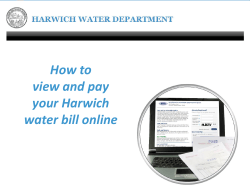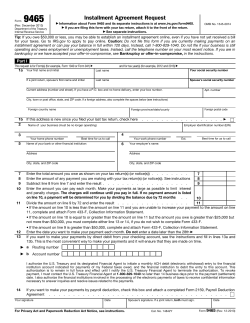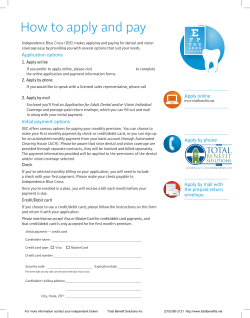
How to budget for a monthly benefit payment
How to budget for a monthly benefit payment Feeling out of control when it comes to money can be scary, especially if you don't know whether you've got enough to live on. Getting a single monthly Universal Credit payment may be making you even more nervous about keeping your head above water. The only way to manage your money is to draw up a household budget. Why budget – why now? DID YOU KNOW? Over half of UK households keep a regular budget. And most of those who do say it gives them peace of mind about how much they are spending, and makes them feel better about life in general. Drawing up a budget of all your household income and outgoings is a must if you want to make sure you can pay all your bills and manage until the end of the month. Even if you're already budgeting, changes to the benefit system from 2013 onwards will probably mean you need to make some changes to the way you go about it. Just to remind you, the following benefits: Income-based Jobseeker's Allowance Income-related Employment and Support Allowance Income Support Child Tax Credit Working Tax Credit, and Housing Benefit are being phased out for people of working age and replaced with Universal Credit. Universal Credit will be paid in a single monthly payment to each household. So if you currently work out your budget weekly or fortnightly, you'll have to start looking at your incomings and outgoings across the whole month. And if you're using different benefit payments to cover set expenses, you'll need to get used to having a single payment to cover everything. Some people will get Universal Credit from April 2013, while others won’t claim it until later. In the meantime, it makes sense to get ready for the changes by getting to grips with a monthly budget. Add to my to do list Drawing up your budget – where to start Despite how daunting it might sound, a budget is just two lists: 1. Money you have coming in (from things like your benefit payments and your salary if you're working). 2. Payments that you make (such as your rent or mortgage, heating bills and insurance, as well as living expenses and regular and irregular spending). How to work out your income Benefits. Look at the paperwork relating to any benefits and tax credits you get at the moment. Jot down the amounts you get. Make sure you make a note of whether these payments are weekly, fortnightly, four-weekly or monthly. Wages. If you're working, check your payslips and jot down your salary (after tax and other deductions). Other income. If you have any other income coming in, for example from a pension or child maintenance from your ex-partner, write down the amounts and how often you get them. Don't worry if the money you have coming in changes from time to time. The budget we'll help you draw up will be easy to adjust without you having to start from scratch every time. How to work out your outgoings Household bills. Gather together all the bills you pay so you can see the exact amounts. If your rent is currently being paid for you, be prepared to start including this in your budget soon. With Universal Credit, you'll have to start paying your landlord yourself. Living costs. The more exact you can be here, the better. For things like grocery shopping, it's probably enough to look at how much you spend across a few weeks and work out an average. But for things like school uniform and other one-off costs, you'll need to look at what you spend across the whole year and divide by 12 to get an average monthly amount. Insurance and loan repayments. Track down anything you pay on a regular basis such as home insurance, catalogue payments and credit card payments and make a note of them. Children and pets. This includes things like childcare, after-school clubs, and school trips. Some of these costs will be regular and others will be occasional so you’ll need to work out an average. If you have pets, add up everything you spend on their food, vets' bills, etc. Travel. If you have a car, make sure you include all the costs (including some like road tax that you only pay yearly or six monthly). If you use public transport, you’ll either need to include the cost of your season ticket or work out how much you spend on average per week or month. Leisure. If you're living on a low income, this probably feels like the most squeezed part of your budget, but remember to include one-off events like Christmas and birthdays so that these are budgeted for too.
© Copyright 2025





















